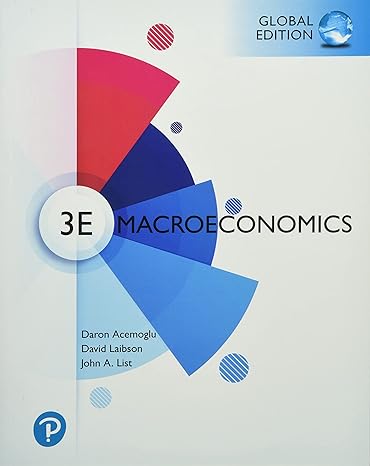10. Milton Friedman, the renowned monetary economist, gave the following analogy about the Fed. Imagine your house...
Question:
10. Milton Friedman, the renowned monetary economist, gave the following analogy about the Fed.
“Imagine your house is being heated by a heater. The heater is controlled by a thermostat. The way it’s set up, when the house gets a little too warm, the thermostat turns off the heater; if it gets too cold, the thermostat turns the heater back on. If everything works as planned, the room temperature in the house should roughly be the targeted temperature all the time.
Now suppose the thermostat is not in the same room as the heater. In fact, it’s in the last room that is affected by the heater. Say, the attic. And the radiators through which the heater works are really old, and it takes them at least twenty minutes to react. Then, instead of making the temperature more stable, the thermostat would make the temperature swing wildly. For example, if the house is cold, then the thermostat will turn the heater on. But it will turn the heater off only when the attic is warm.
By then, the entire house will be scorching hot. When it turns the heater off, it will not turn it back on until the attic is cooler. By then, the house will be freezing.”
(In this analogy, the thermostat is the Fed; the house is the entire economy.)
a. What do you think Milton Friedman was trying to say about monetary policy? (Hint: You do not need to draw any graphs for this question.)
b. As in the thermostat analogy, what might be some possible unintended consequences of monetary policy?
Might there be a similar effect for fiscal policy? If yes, how does the effect differ from that of monetary policy?
Step by Step Answer:







